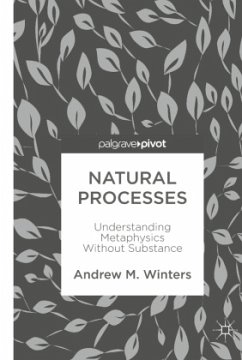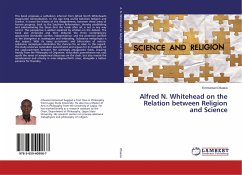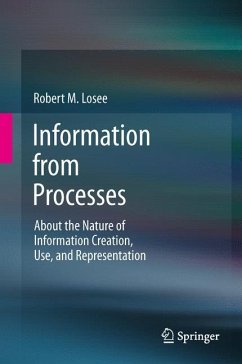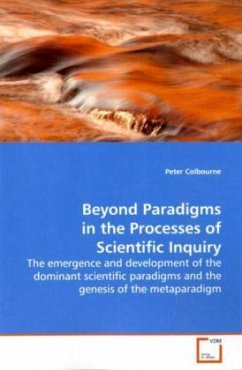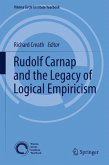In thinking about ontology as the study of being or what fundamentally exists, we can adopt an ontology that either takes substances or processes as primary. There are, however, both commonsense and naturalistic reasons for not fully adopting a substance ontology, which indicate that we ought to suspend judgment with respect to the acceptance of a substance ontology. Doing so allows room to further explore other ontologies. In this book, Andrew M. Winters argues that there are both commonsense and naturalistic reasons for further pursuing a process ontology. Adopting a process ontology allows us to overcome many of the difficulties facing a substance ontology while also accommodating many of the phenomenon that substance ontologies were appealed to for explanation. Given these reasons, we have both commonsense and naturalistic reasons for pursuing and developing a metaphysics without substance.
"Winters (Slippery Rock Univ.) argues that process metaphysics, a competitor to substance metaphysics largely marginalized in mainstream analytic philosophy, deserves more attention as an alternative framework for approaching natural explanation. ... Summing Up: Recommended. Upper-division undergraduates through faculty." (D. A. Forbes, Choice, Vol. 55 (9), May, 2018)

